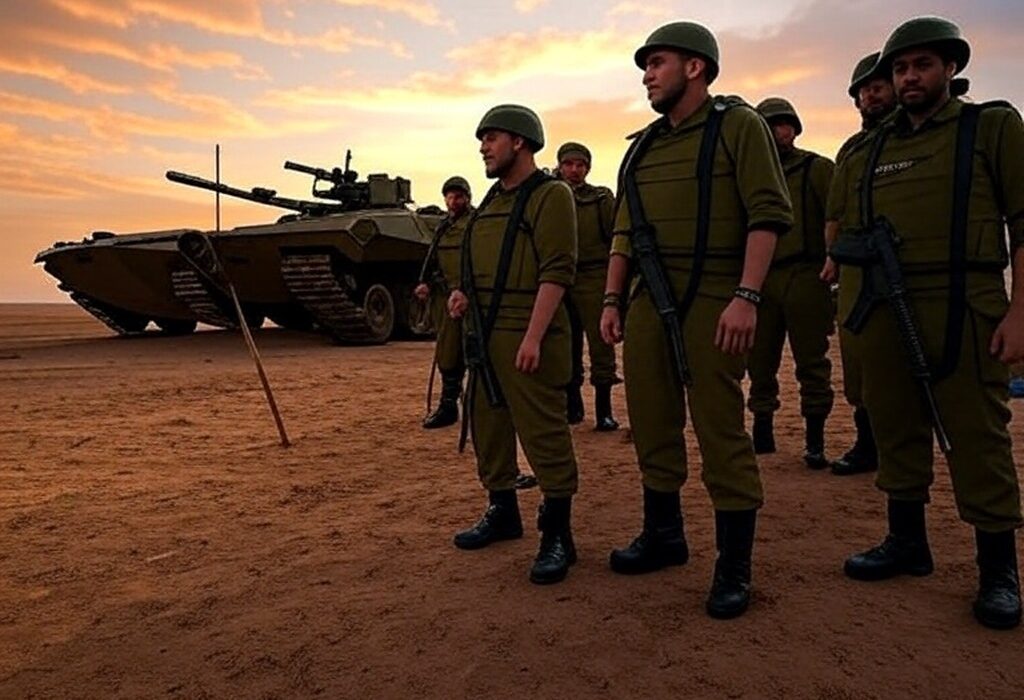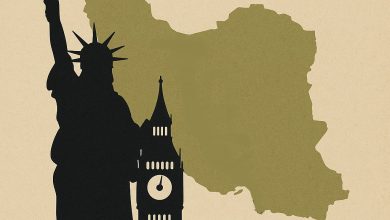Countdown to the End of Netanyahu’s Era: Emphasizing the Role of the Israeli Military in Future Developments

Benjamin Netanyahu, the current Prime Minister of the Israeli regime, has become one of the most controversial political figures globally over the past decades. His domestic and international conduct—particularly his militaristic, repressive, and ethnocentric policies toward Palestinians, as well as the intensification of conflicts in Gaza—has led to serious legal accusations. International bodies such as the International Criminal Court (ICC) have opened investigations into war crimes and widespread human rights violations committed under his leadership. These legal actions have not only tarnished his personal reputation but also undermined the legitimacy of the political structure he oversees.
The decline of Netanyahu’s political standing is not the result of a single factor, but rather the outcome of a convergence of structural, regional, and international variables. These can be analyzed on three levels: domestic, regional, and global
Economic and Social Pressures at the Domestic Level
Global and regional economic crises—including recession, rising inflation, structural government debt, and declining household income—have directly impacted Israel’s economy. Growing dissatisfaction among the middle and lower-income classes, especially due to reduced public services, soaring living costs, and the government’s neoliberal policies, has become a major driver of internal political instability. In this context, public opinion has turned increasingly critical of the state’s military expenditures and its continuation of protracted wars, thereby eroding the legitimacy of political leadership.
Diplomatic Isolation and Mounting Regional and Global Opposition
As the war in Gaza drags on and civilian casualties mount, global public opinion has become increasingly sensitive to Israeli policies. Regional governments, particularly in the Middle East—some of which had previously maintained covert or semi-official ties with Israel—are now under public pressure to suspend or reassess their diplomatic relationships with Tel Aviv. This shift, alongside rising opposition from international organizations and human rights groups, has severely weakened Israel’s diplomatic position and accelerated Netanyahu’s political isolation on the world stage.
Political Legitimacy Crisis and the Rise of Domestic Alternatives
Within Israel, political divisions are deeper than ever. Rival parties to Likud, centrist and leftist factions, and even moderate religious groups have voiced strong objections to Netanyahu’s hardline policies, particularly in the realms of security, social issues, and the economy. The growth of these opposition movements signals the formation of a broad domestic front pushing for Netanyahu’s removal from power and a fundamental redefinition of the country’s strategic direction.
International Legal Pressure and the Role of Global Institutions
The ICC’s ongoing investigations into potential crimes committed by Netanyahu and senior Israeli military and intelligence officials—especially during the Gaza conflicts—have created significant legal and political pressure. While political efforts continue to obstruct these cases, their psychological and diplomatic consequences for Netanyahu and his administration are undeniable.
The Israeli Military’s Role in the Regime’s Political Future
Israel’s military, which has faced mounting pressure and significant casualties in recent years—particularly in repeated Gaza wars and border tensions with Lebanon and Syria—has been deeply affected by the ongoing state of insecurity. Contrary to common belief, the Israeli military does not merely follow political directives; in times of crisis, it has played a decisive role in reshaping policies and facilitating transitions of power. Analysts believe that if military and political failures persist and the costs of war continue to rise, the military may accelerate the end of Netanyahu’s rule through indirect mechanisms. This could include supporting a replacement government, endorsing a two-state solution, or exerting pressure on the Prime Minister to step down.
Geopolitical Shifts and Regional Repercussions
Widespread public dissatisfaction in Arab countries regarding their governments’ ties with Israel, coupled with declining trust in international institutions such as the UN Security Council, has fueled the rise of republican and Islamist movements across the region. If the current conditions persist, the risk of internal instability in some Arab nations will increase—potentially threatening monarchical regimes and challenging the existing regional order. In such a scenario, unless Israel fundamentally reassesses its policies, it will face increasing isolation and hostile backlash.
A complex web of political, economic, legal, and military crises has cast serious doubt over Netanyahu’s political survival. Amid this turbulence, the Israeli military—as a central institutional pillar—may play a pivotal role in navigating the crisis and managing the transitional phase. Should Netanyahu be ousted and Israel shift toward adopting reconciliation initiatives and the two-state solution, the opportunity to rebuild international legitimacy and normalize relations with a broader segment of the global community will emerge





